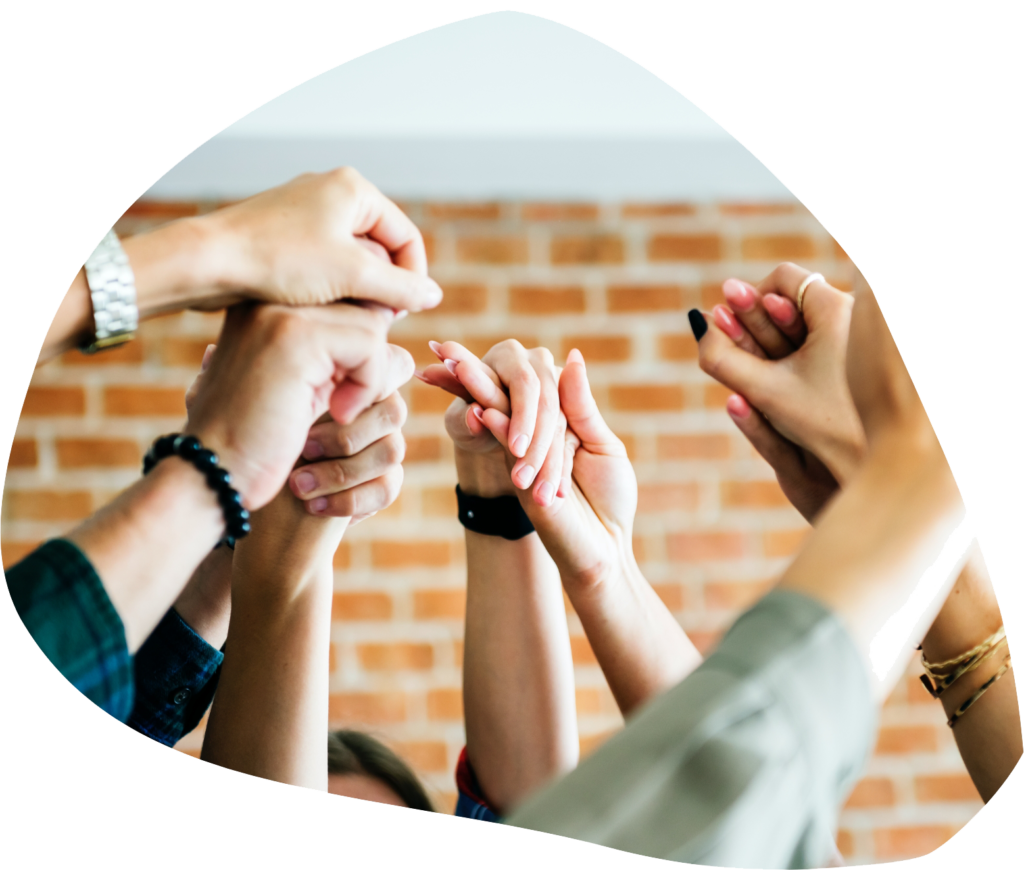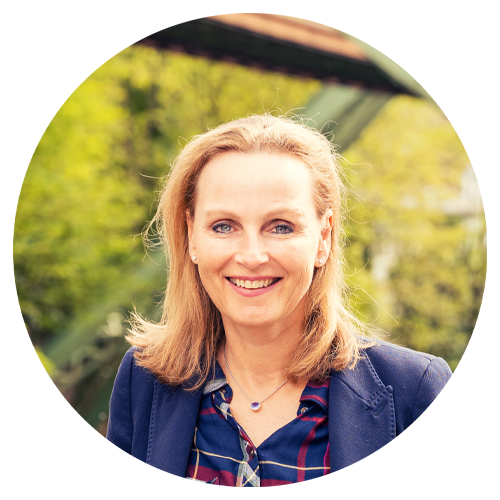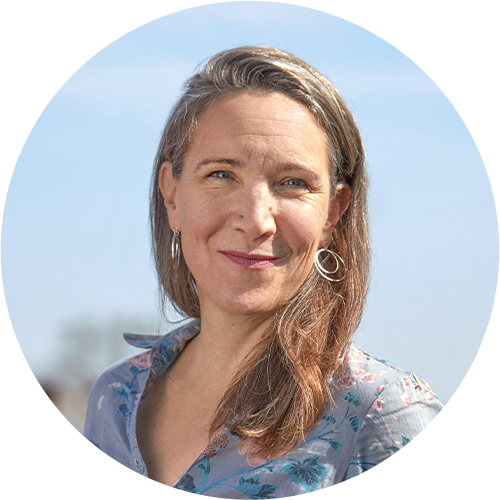Wo anfangen?
ALLES AUS EINER HAND!
Werdet zu Vorreiter*innen für nachhaltigen Wandel: Wir machen Euch mit unserer geballten unternehmerischen Expertise stark für eine wirksame Transformation – und das jenseits herkömmlicher Denkschemata und Disziplinen-Silos.
Gemeinsam mit Euch gestalten wir Schritt für Schritt ein zielorientiertes Programm. Wir führen die Kräfte aus Team, Stakeholder*innen und Expert*innen zusammen, so wie es für Euer Vorhaben gebraucht wird und wertvoll ist. So wird der Prozess vom ersten Schritt bis zum Ergebnis für Euch zu einem auf allen Ebenen gewinnbringenden Vorhaben.


Die Aufgaben sind groß. Packen wir‘s an!
Zukunft ist nicht aufzuhalten.
Denkt bunt, disruptiv, anders. Stellt die Sinnfrage angesichts der drängenden Herausforderungen in der Welt. Findet Euren klar strukturierten Einstieg zu einer neuen Vision.
Die sustainable natives bündeln die Kräfte ausgewiesener Expert*innen zu einem ganzheitlichen Beratungsansatz. Über die herkömmlichen Denkschemata und Disziplin-Silos hinweg. Getragen von unternehmerischer Expertise in jedem Kompetenzfeld. Ausgestattet mit übergreifender, nachhaltigkeitsgeprägter Kompetenz für eine wirksame Transformation.
START 5P: Mit fünf Perspektiven zum Sustainable Business
Echt jetzt? Alles hängt mit allem zusammen
Die nachhaltige Transformation kennt mehr als eine Lösung.
In Change-Situationen konkurrieren verschiedene Ansprüche und Wünsche um Beachtung. Kommt Euch das bekannt vor? Die Zukunftsroadmap fürs Unternehmen nachhaltig zu gestalten, ist eine hohe Kunst. Wir nennen sie START – Sustainable Transformation ART. Fünf Impact-Perspektiven sind komplex und eindeutig zugleich: People, Product, Process, Paradigm und Purpose.
START 5P ist unser Ko-Kreations-Modell. Alle gängigen Rahmen- und Regelwerke sind eingewebt. Gemeinsam mit Ihnen gehen wir auf Entdeckungsreise: Welche Perspektive bringt Euer Unternehmen am schnellsten an den Start?

Die Community
Eine Genossenschaft für nachhaltige
Unternehmensberatung
Weil wir lieben, was wir tun
Wir sind eine genossenschaftlich organisierte Beratung für nachhaltige Transformation, die Wertegemeinschaft und einen klaren Business-Case zusammenbringt. Diese Unternehmensform haben wir gewählt, weil sie gleichermaßen Stabilität und Flexibilität bietet. Sie lädt dazu ein, die Kräfte von vielen verschiedenen Akteur*innen über Grenzen hinweg zu bündeln.
Ko-Kreativ finden wir mit unseren Kunden und Partnern mutige Antworten für eine gelingende Zukunft und echten Impact. So verbinden wir die nachhaltige Transformation mit wirtschaftlichem Erfolg. Unsere Mission ist es, mit Mut, Veränderungswillen und Kreativität für eine lebenswerte Zukunft zu agieren.
Unser Team
Bist Du auch ein sustainable native?
Wenn du selbstständige*r Unternehmer*in in der Nachhaltigkeitsberatung bist und davon überzeugt, in der Gemeinschaft mehr erreichen zu können, werde Friend der sustainable natives. Lass uns gemeinsam mit anderen Mitgliedern der Genossenschaft daran arbeiten, die nachhaltige Transformation voran zu bringen.
Unter dem gemeinsamen Dach der Genossenschaft arbeiten wir projektbasiert zusammen, bleiben dabei zu 100 Prozent selbstständig
und profitieren gleichzeitig von der Stärke der Gemeinschaft.
Gemeinsame Werte und Vertrauen verbinden uns.
In Anlehnung an soziokratische Prinzipien entwickeln wir unsere Strukturen kontinuierlich weiter. Bei uns erfahren Mitglieder Orientierung in der Gemeinschaft durch einen klaren Rahmen und gleichzeitig den Freiraum, als selbständige Unternehmer*innen eigenverantwortlich
zu agieren.
Seit unserer Gründung lernen wir miteinander und verhandeln untereinander die Regeln, die unseren Rahmen definieren.
Unser Anspruch: We walk the talk!
- gemEINSCHAFTLICH & GENOSSENSCHAFTLICH
- EIGENINITIVATIV & KO-KREATIV
- DEZENTRAL & DIGITAL
- SOZIOKRATISCH & PARTIZIPATIV













 Hide
Hide 




